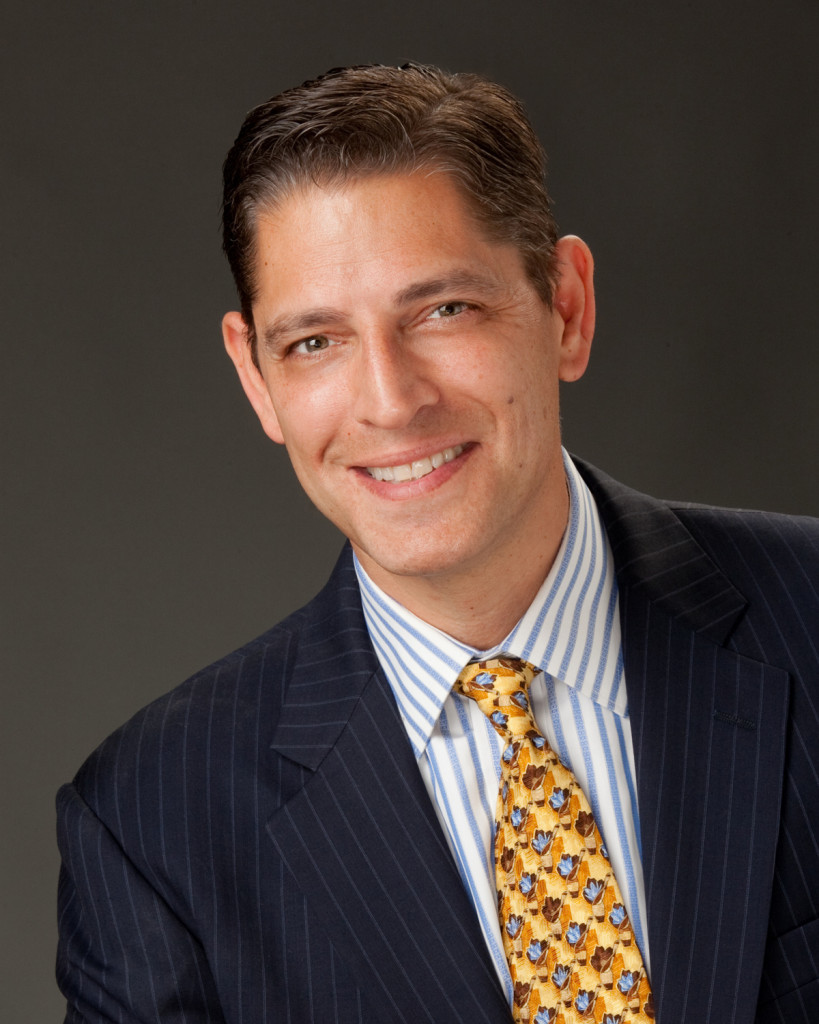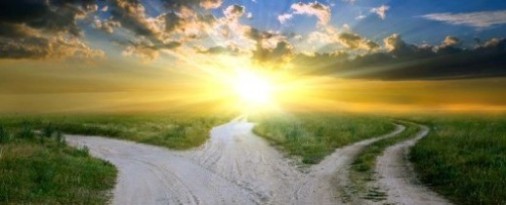 I’ve been married to my wonderful wife, Ceci, for twenty-two years. We have two daughters and live on Long Island, New York. In August 2000, when I was 33, and my daughters were three and a half and just under one year old, I was diagnosed with Acute Promyelocytic Leukemia (“APL”). I underwent extensive treatment for it, including high-dose chemotherapy, extended hospitalization and a then experimental course of treatment with arsenic trioxide (which has since been incorporated into the regular regimen for APL patients). I have since counseled several other cancer patients in their battles against the disease. But it isn’t enough. I felt a strong need to reach out beyond direct channels to see if others could benefit from my experiences and the lessons I have learned along the way.
I’ve been married to my wonderful wife, Ceci, for twenty-two years. We have two daughters and live on Long Island, New York. In August 2000, when I was 33, and my daughters were three and a half and just under one year old, I was diagnosed with Acute Promyelocytic Leukemia (“APL”). I underwent extensive treatment for it, including high-dose chemotherapy, extended hospitalization and a then experimental course of treatment with arsenic trioxide (which has since been incorporated into the regular regimen for APL patients). I have since counseled several other cancer patients in their battles against the disease. But it isn’t enough. I felt a strong need to reach out beyond direct channels to see if others could benefit from my experiences and the lessons I have learned along the way.
I have been practicing law in New York City for more than twenty years, with a heavy emphasis on toxic tort (chemical exposure), product liability and environmental actions. In fact, I’ve worked on some of the largest toxic tort litigations in the country, in various jurisdictions in the United States. One aspect of doing this kind of work has been working with people who claimed to have suffered injuries, including various types of cancer, from exposure to toxic substances. As a result, my work over the years has involved researching and reviewing scientific studies and working with experts to understand whether and how various substances and stimuli cause illness, and how to best explain those issues to judges and juries made up of lay-people. In other words, I have to make what seems complicated easy to understand.
That experience helped me a great deal when I was diagnosed with APL and during my subsequent treatments for it (as well as through bouts with Stevens Johnson Syndrome, which is an extreme reaction that, effectively, makes your dermis separate from your epidermis — in other words, it makes your skin try to jump off your body — and causes blistering and pain). I was able to get into the science and theories behind my disease and break it down into pieces I, and those around me, could understand. In the course of researching and writing my upcoming book, which is a roadmap through the minefield of cancer, I tapped into much of what I learned from my experiences in terms of reviewing, vetting and applying scientific studies to understand the initiation, progression and treatment of disease, and explaining these issues in layman’s terms. The book also addresses issues relating to patients’ and workplace rights, as well as estate planning and other practical issues cancer patients face; another fringe benefit of a law degree, and years of experience, in the battle against cancer and my endeavors to help others win that battle. The book itself is a labor designed to reach, inform and encourage others.
Thank you for visiting this site. I hope that it will become a piazza for cancer patients, survivors and their family members and loved ones to congregate in a place of comfort and encouragement, and that it will become a valuable resource in helping you overcome your particular challenges in dealing with this disease. Feel free to contact me with any concerns, comments or questions you may have. After all, the site is called “We Can Survive Cancer” because cancer survival requires all of us, helping each other out. It’s the “we” that makes victory possible.
In healing,
Howard Bressler
